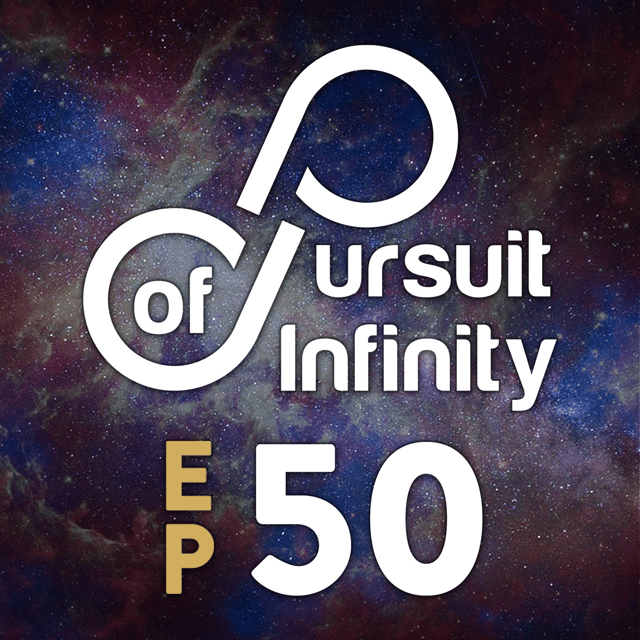

In this week’s episode, we revisit our large list of philosophical inquiries, continuing from episode 46 with a set of new questions to challenge our minds.
_________________
Music By Nathan Willis RIP
Follow Pursuit Of Infinity:
www.PursuitOfInfinity.com
Discord: https://discord.io/pursuitofinfinity
YouTube: https://www.youtube.com/channel/UCPpwtLPMH5bjBTPMHSlYnwQ
Spotify: https://open.spotify.com/show/58he621hhQ7RkajcmFNffb
Apple Podcasts: https://podcasts.apple.com/ca/podcast/pursuit-of-infinity/id1605998093
Instagram: https://www.instagram.com/pursuitofinfinitypod/
Patreon: Patreon.com/PursuitOfInfinity

In this week’s episode, we revisit our large list of philosophical inquiries, continuing from episode 46 with a set of new questions to challenge our minds.
_________________
Music By Nathan Willis RIP
Follow Pursuit Of Infinity:
www.PursuitOfInfinity.com
Discord: https://discord.io/pursuitofinfinity
YouTube: https://www.youtube.com/channel/UCPpwtLPMH5bjBTPMHSlYnwQ
Spotify: https://open.spotify.com/show/58he621hhQ7RkajcmFNffb
Apple Podcasts: https://podcasts.apple.com/ca/podcast/pursuit-of-infinity/id1605998093
Instagram: https://www.instagram.com/pursuitofinfinitypod/
Patreon: Patreon.com/PursuitOfInfinity




















